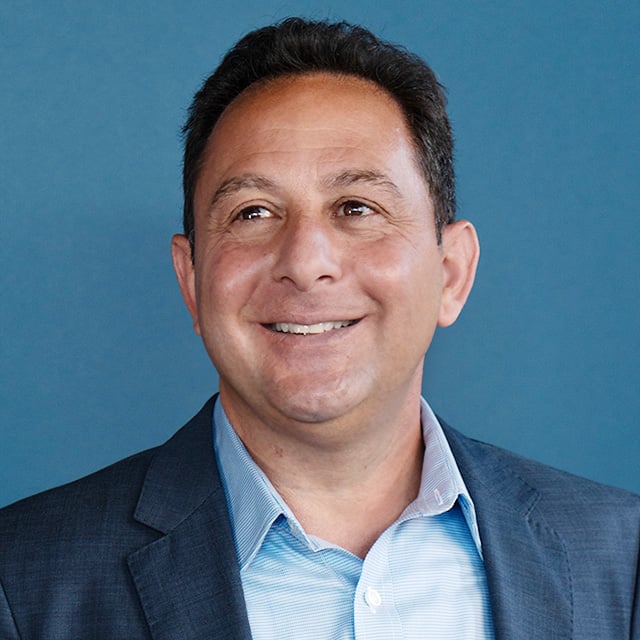
Inflation continues to be a cause of concern for many Americans, especially those making under $300,000 a year, according to Peter Mallouk, CEO and president of Overland Park, Kansas-based RIA Creative Planning.
The most significant way to ease inflation is for the Federal Reserve to be aggressive in raising interest rates, he argues.
Creative Planning was managing over $100 billion in assets across all 50 states and 65 countries as of March 1, he told ThinkAdvisor earlier this month.
In a phone interview on Friday, we asked Mallouk a series of questions that touched on how his firm is helping his clients overcome inflation and other challenges, including market volatility.
THINKADVISOR: There was a Bloomberg report that recently said inflation is hurting people who make under $300,000 a year the most. You called out a tweet about it a few days ago on Twitter. What is your overall take on whether the report was accurate or not?
PETER MALLOUK: I do think that high inflation favors the wealthy. And I would equate the wealthy as people who own real estate, businesses and stocks, so I would tie it more to what you own than to income. I mean, there are plenty of people that make less than $300,000 a year, but they're multimillionaires.
But the reality is that most people who are multimillionaires are making over [$300,000] a year, and inflation does favor them because the things they own appreciate with inflation: stocks, real estate and businesses.
But if you're making $11 an hour and everything costs 10, 20% more, it's killing you. So [the report was] absolutely right about inflation helping the rich, or certainly not hurting the rich as much as the poor and the middle class. I think it widens the gap. There's just no question about it. [It's] very bad for America.
How would you say advisors can help clients who make under $300,000 overcome inflation challenges, especially retirees, and those on fixed income?
They have to get off the fixed income. They have to start to look at total return -— because if there's high inflation, you might feel good having a low volatility portfolio that's paying you 3%. But you're going to wake up seven years from now, 10 years from now and have a real problem.
And a lot of people view things going down as risk, but things going up but not as much as the cost of inflation is also a risk. At the end of the day, all we care about is do we have enough money to buy what we need in the future.
So I would encourage advisors to look at clients that are in situations like retirement, where we normally have 40-50% bonds and really ask, can we own real estate? Can we own dividend-paying stocks? Are there other things we can own here? Yes, there's going to be some volatility. But by introducing these riskier assets, you actually reduce the risk of the overall portfolio,
How would you say advisers can help those clients who make $300,000 or more overcome inflation challenges?
Those people are usually sitting in a pretty good spot because they can afford the volatility. So they're more inclined to own the stocks and real estate and so on. [That's] because if things go down 30-40% for a while, they know they're still OK. So that group's easier to have the conversation with because they can protect against the upside without worrying too much about this downside.



